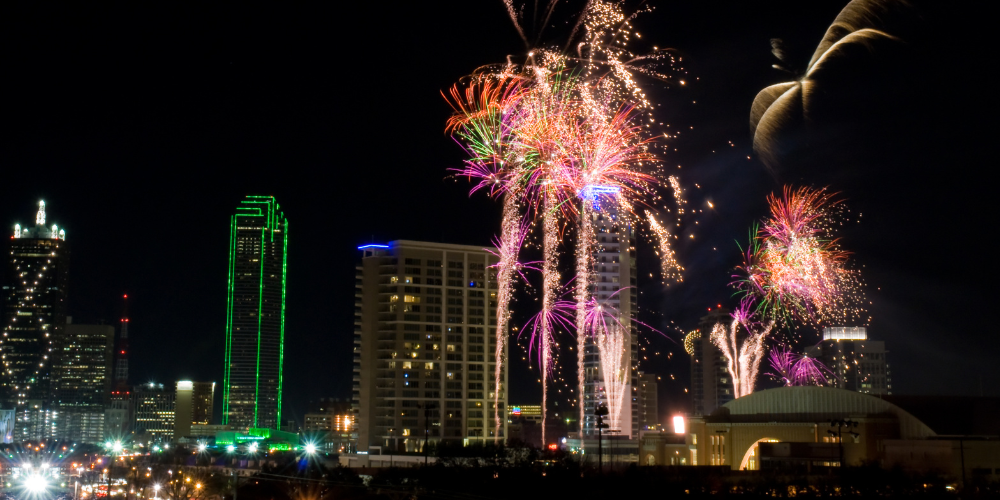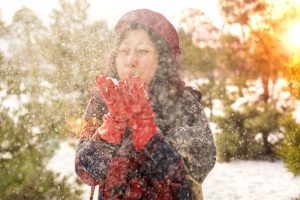
Can Fireworks Damage Your Hearing? Yes—Here’s How to Protect Your Ears
Every year, millions celebrate the 4th of July with fireworks, but most people don’t realize that those loud bursts can cause permanent hearing damage. Fireworks can exceed 150 decibels, a level far above what the human ear can safely handle. Even one close-range blast can result in sudden hearing loss, tinnitus (ringing in the ears), or long-term damage.
At Texas ENT & Allergy, we’re here to help you enjoy the festivities safely. Whether you’re heading to a local fireworks show or lighting sparklers at home, knowing how to protect your hearing can make all the difference.
How Loud Are Fireworks?
- Fireworks range from 120 to 150 decibels
- Hearing damage can begin at 85 decibels
- Sounds over 120 decibels can cause instant inner ear injury
Pro tip: Fireworks are louder than chainsaws and concerts.
Common Signs of Hearing Damage After Fireworks
If you experience any of these symptoms after a fireworks show, your hearing may have been affected:
- Ringing in the ears (tinnitus)
- Muffled or distorted sound
- Sudden pain or pressure in one or both ears
- Difficulty hearing high-pitched sounds or conversations
If these signs last longer than 24 hours, schedule an appointment with an ENT or audiologist.
5 Ways to Protect Your Hearing During Fireworks
- Wear hearing protection
- Use foam earplugs or noise-reducing earmuffs, especially for children or anyone with sensitive ears.
- Watch from a safe distance
- Keep at least 500 feet away from launch zones. Sound intensity drops significantly with distance.
- Protect kids’ ears early
- Children’s ears are more sensitive. Use child-sized earmuffs and avoid sitting too close to speakers or launch areas.
- Limit your exposure
- Avoid back-to-back fireworks nights or overly loud environments the day after. Your ears need time to recover.
- Be mindful of personal firework use
- If you’re lighting fireworks at home, wear protection and warn everyone nearby. Distance is key.
Who Is Most at Risk for Fireworks-Related Hearing Loss?
- Children under 12
- Adults over 60
- People with existing hearing loss or tinnitus
- Anyone with noise sensitivity or ear disorders
Even if symptoms don’t appear immediately, repeated exposure can lead to cumulative damage over time.
What Should You Do If You Think Your Hearing Was Damaged?
If you suspect hearing loss or experience ringing in your ears after fireworks:
- Avoid further noise exposure
- Do not insert anything in your ears
- Schedule a hearing evaluation with an ENT specialist or audiologist
- Track symptoms (duration, intensity, one or both ears)
Early detection is critical. The sooner you act, the more we can do to help preserve your hearing.
Trust Texas ENT & Allergy: Hearing Care from Board-Certified Experts
At Texas ENT & Allergy, hearing health is our priority. Our board-certified otolaryngologists provide full-spectrum care—from hearing loss evaluations to custom hearing protection and treatment of noise-induced hearing damage.
Whether you’re preparing for the 4th of July or recovering from a loud event, we’re here to guide you.
Schedule a Hearing Evaluation Today
If you’ve noticed changes in your hearing after fireworks or other loud noises, don’t wait. Request an appointment or call us to speak with our team.



